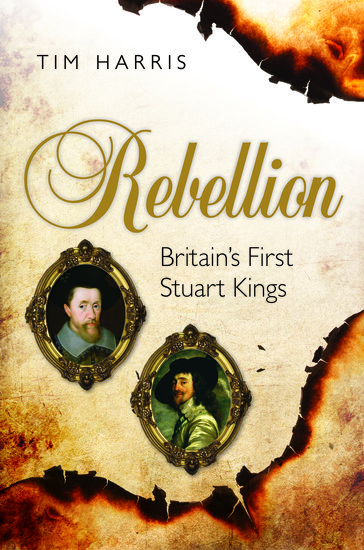“Before he wrote it, he lived it”?
By Nicholas Rankin
The James Bond brand has awesome power. When Agent 007 helped Queen Elizabeth II to parachute into the opening of the 2012 London Olympics, the world gasped (and then laughed) at the witty conjunction of two instantly recognizable icons of Britishness.








